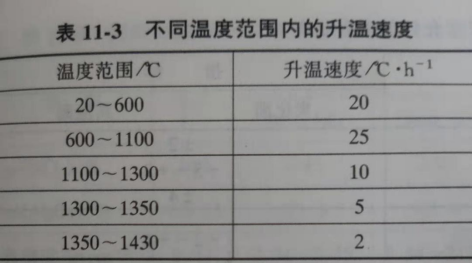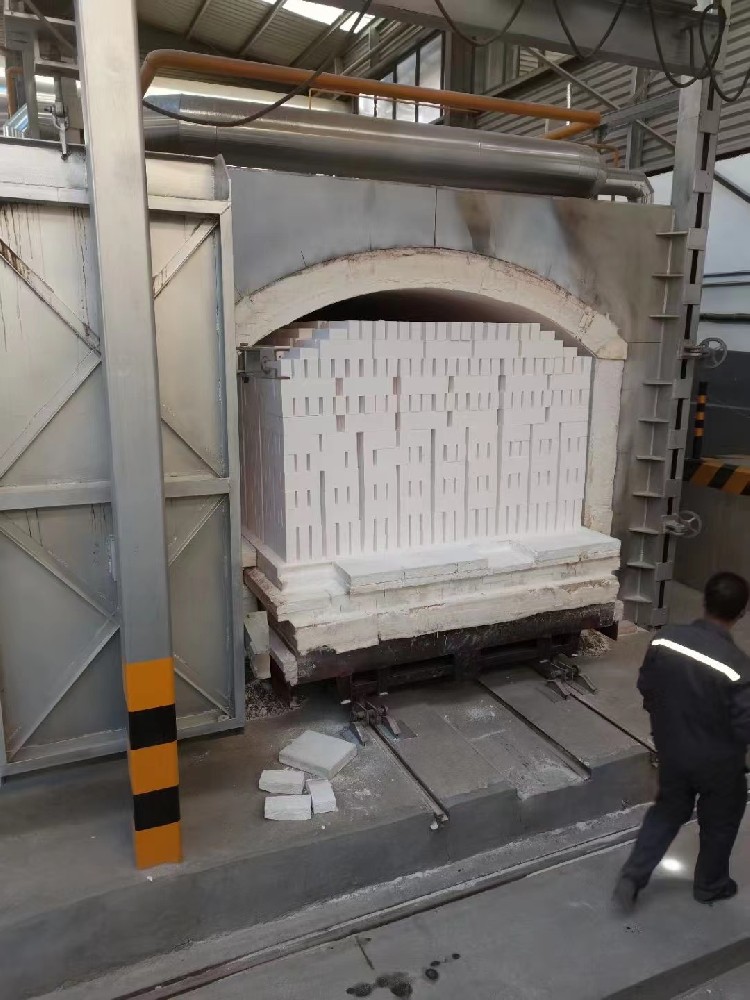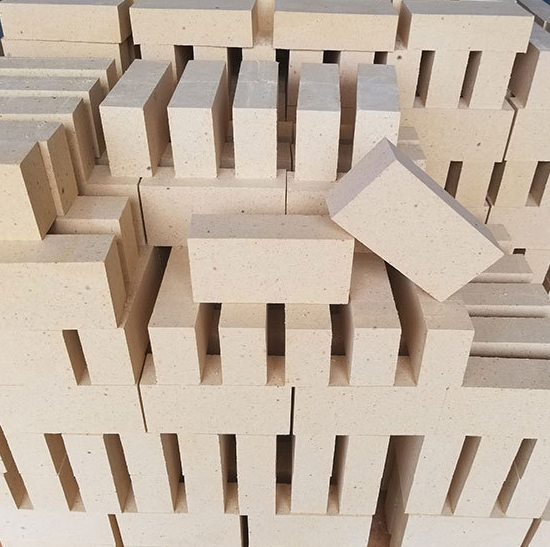Electric boosting of glass melting furnace
Electric boosting of glass melting furnace refers to delivering electric energy directly into the flame-heated furnace through electrodes to enhance melting. Electric boosting is suitable for almost all kiln types, such as bottle glass melting furnaces, vessel glass melting furnaces, flat glass melting furnaces, picture tube glass melting furnaces and ball kilns, etc., and is effective in improving glass quality, output and extending furnace life. easy way.
Advantages of electric boosting in pool kilns
1. Significantly increase the melting rate
The melting rate of large-scale fuel-fired flat glass tank furnaces in my country is about 1.6t/m²·d, while abroad it is generally 2t/m².d. After using electric boosting technology, the melting rate can be increased to 3.2t/m². d~4.2t/m²・d. The melting rate increases by 60% and even reaches 100%.
The transmission speed of electrical energy in molten glass is about 5 times greater than the heat transfer by thermal energy radiation and convection. In addition, due to the electric boosting equipment in the appropriate position of the kiln, a beneficial liquid flow is formed, and the glass liquid with higher temperature near the hot spot flows to the feeding end, which increases the temperature of the batch material contacting the glass liquid. Experiments show that every time the temperature of the glass liquid increases by 50°C, the melting time of the glass can be shortened by half. For larger-scale tank kilns, within the temperature range of 1500~1550°C, the glass melting rate can increase by 4% to 10% for every 10°C increase in temperature. The melting rate of the flame kiln will not increase indefinitely. When a certain discharge volume is reached, stones will appear. This discharge volume is called the limit discharge volume of the pool kiln. After using electric boosting, the limit output of the pool kiln will be improved to a certain extent.
2. Improve the melting quality of glass
The use of electric boosting energy improves the melting quality of the glass because the flow of the glass liquid is enhanced and the uniformity of the glass liquid is improved. Introducing electric energy into the molten glass increases the temperature of the molten glass, thereby reducing the viscosity of the molten glass, accelerating the clarification process, and significantly reducing the amount of gas dissolved in the molten glass, which has a good impact on the forming and processing of glass.
3. Reduce the combustion intensity in the upper flame space and extend the furnace life
The heat of ordinary flame pool kilns is all supplied by the upper flame, so the heat transfer efficiency is low, the heating intensity of the upper space is high, and the kiln roof is severely corroded. The electric-assisted melting furnace pool can reduce the heating intensity of the upper space and extend the life of the furnace; reduce the heat load of the flame kiln, make up for the decline in melting quality caused by fuel fluctuations; make up for and overcome the structural and technological defects of the furnace, improve and Stabilizes the melting system; compensates for fuel system deterioration. As the operating time of the furnace increases, especially in the middle and late stages of the furnace using mixed generator gas as fuel, the grid body of the regenerator is partially or completely blocked and loses its heat exchange capability, so that the combustion conditions cannot meet the normal fuel amount. According to the combustion requirements, the use of electric boosting can compensate for heat as needed.
4. Flexible adjustment of material output
The use of electric boosting can quickly and flexibly change the material output according to market changes and needs. The melting capacity of the pool kiln can be increased by 30% to 50% without increasing the size of the pool kiln. Electric boosting is particularly suitable for applications where the discharge volume often needs to be changed. The fuel used to melt the glass remains unchanged during use, and electric boosting can maximize the melting capacity of the kiln. Electric boosting is also particularly suitable for kilns that produce different specifications or different types of products at different times in the same kiln period. This can be easily solved by appropriately adjusting the input power.
-

Silicate fire brick
Silicon thermal insulation refractory brick refers to the thermal insulation refractory products made of silica as the main raw material, with a SiO2 content of no less than 91%. In addition to the heat insulation perfor··· -

silica bricks manufacturing process
1.1 Determination of raw material ratio and particle compositionThe raw materials for making silica bricks are silica and waste bricks containing more than 96% SiO2, in addition to lime, mineralizers and organic binders.··· -

Alumina hollow ball bricks
Alumina hollow ball bricks are made of alumina hollow balls and alumina powder as the main raw materials, combined with other binders, and fired at a high temperature of 1750 degrees. It belongs to a kind of ultra-high t··· -

Anti-stripping high alumina brick for cement kiln
Anti-stripping high alumina bricks are made of high alumina bauxite clinker, mullite, kyanite, zircon sand, and binder first through granulation and powdering processes, mixed in a certain proportion, then pressed into s···

